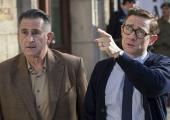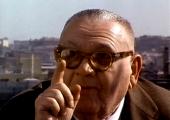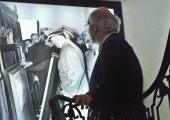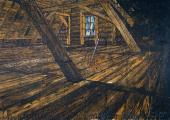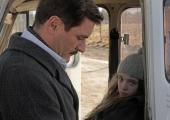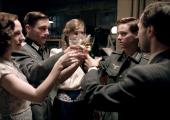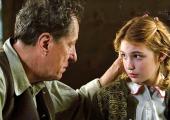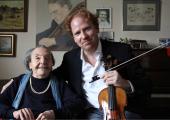Taken at Midnight, Theatre Royal Haymarket
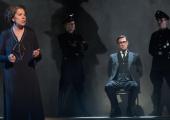
Penelope Wilton triumphs as a mother who defies the Nazis in fighting for her lawyer son
The mother, so often a sentimental figure in art, can be as tenacious and bold as any animal when protecting her young. Mark Hayhurst's play about Irmgard Litten, mother of Hans, a lawyer who cross-examined Hitler – and won – in 1931, celebrates the single-minded determination of a woman daring to take on Nazi might in the cause of her son. Hans was imprisoned in Sonnenburg "for his own protection" on the night of the Reichstag fire in 1933 and, after spending years in concentration camps, was found hanged in Dachau in 1938.

